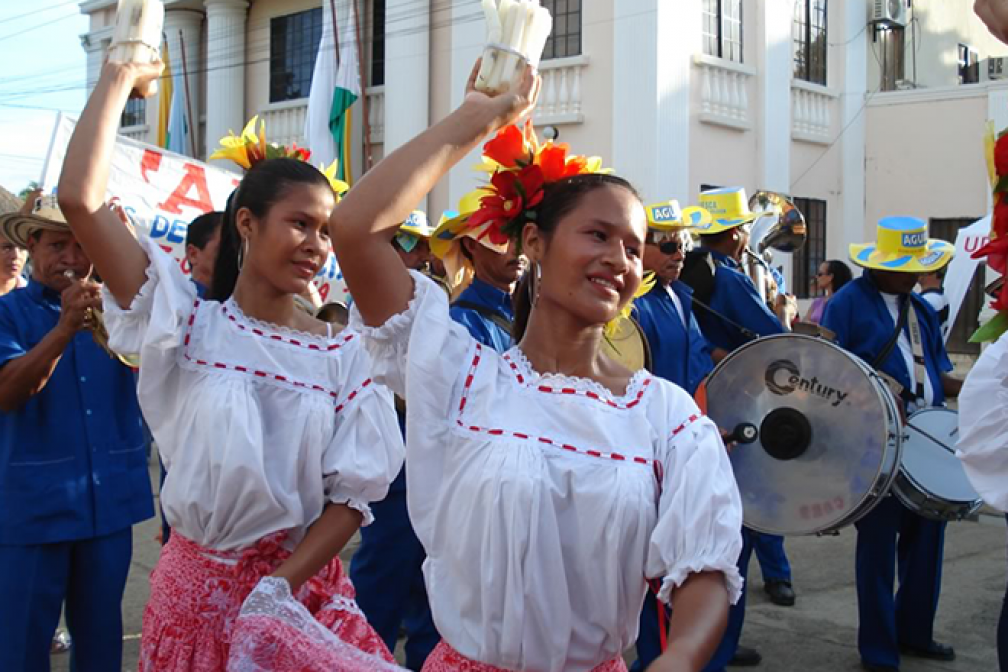Colombia to officially recognise cultural importance of cumbia music
Minister of Culture Patricia Ariza made the announcement at a cumbia festival in El Bano
Cumbia, the traditional Latin American dance and folk music genre, has been declared part of the national cultural heritage of Colombia.
The status was declared by the country’s Minister of Culture, Patricia Ariza at the national Jose Barros Palomino Cumbia Festival in El Banco, Magdalena earlier this month.
During the festival, according to Al Día, Ariza made the announcement, when she said: “Cumbia is the heritage of all Colombians, it deserves a place in the history of Colombia and an important consideration in the culture. Cumbia is the true heritage of El Banco, of Colombia, of Latin America and hopefully, one day it will be a heritage of humanity.
Read this next: Bogota nights: Colombia's after-hours scene is an anarchic, cultural melting po****t
“I am committed to greater recognition of what cumbia means,” she continued.
Cumbia is the national dance of Colombia, and the style draws from a diverse range of cultural and musical traditions, largely due to Spain's colonisation of the country — including indigenous American, Indian, African and Spanish.
As reported by teleSUR, the Colombian Culture Ministry said: “Cumbia is the result of mixture between Indigenous peoples, Africans and Europeans. Its history consolidated the identity of the Colombian nation and Caribbean peoples.”
“Cumbia is a cultural manifestation that brings together the musical genre, the dance, as well as the set of practices and traditions linked to its development, such as costumes, the manufacture of handmade instruments, rituals and parties,” the Ministry also said, according to the Al Día report.
Read this next: Reclaiming Medellín from gang rule has transformed the Colombian city's music scene
It is a form of music and dance that is particularly prevalent on the country’s Caribbean coast. It also involves the wearing of traditional costumes and clothing during performances, and conventional instruments such as maracas, gaita flutes and drums are used.
It joins other traditional Colombian genres vallenato and champeta as forms of music and dance that have been granted cultural heritage status.
There are many different interpretations of the genre across Latin America, with internationally-recognised acts such as Peru’s Dengue Dengue Dengue putting modern electronic takes on the tradition.
Isaac Muk is Mixmag's Digital Intern, follow him on Twitter

